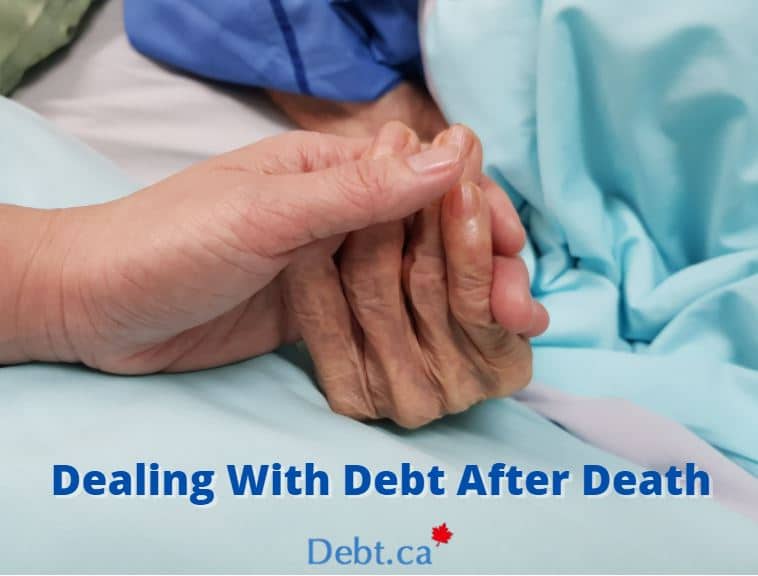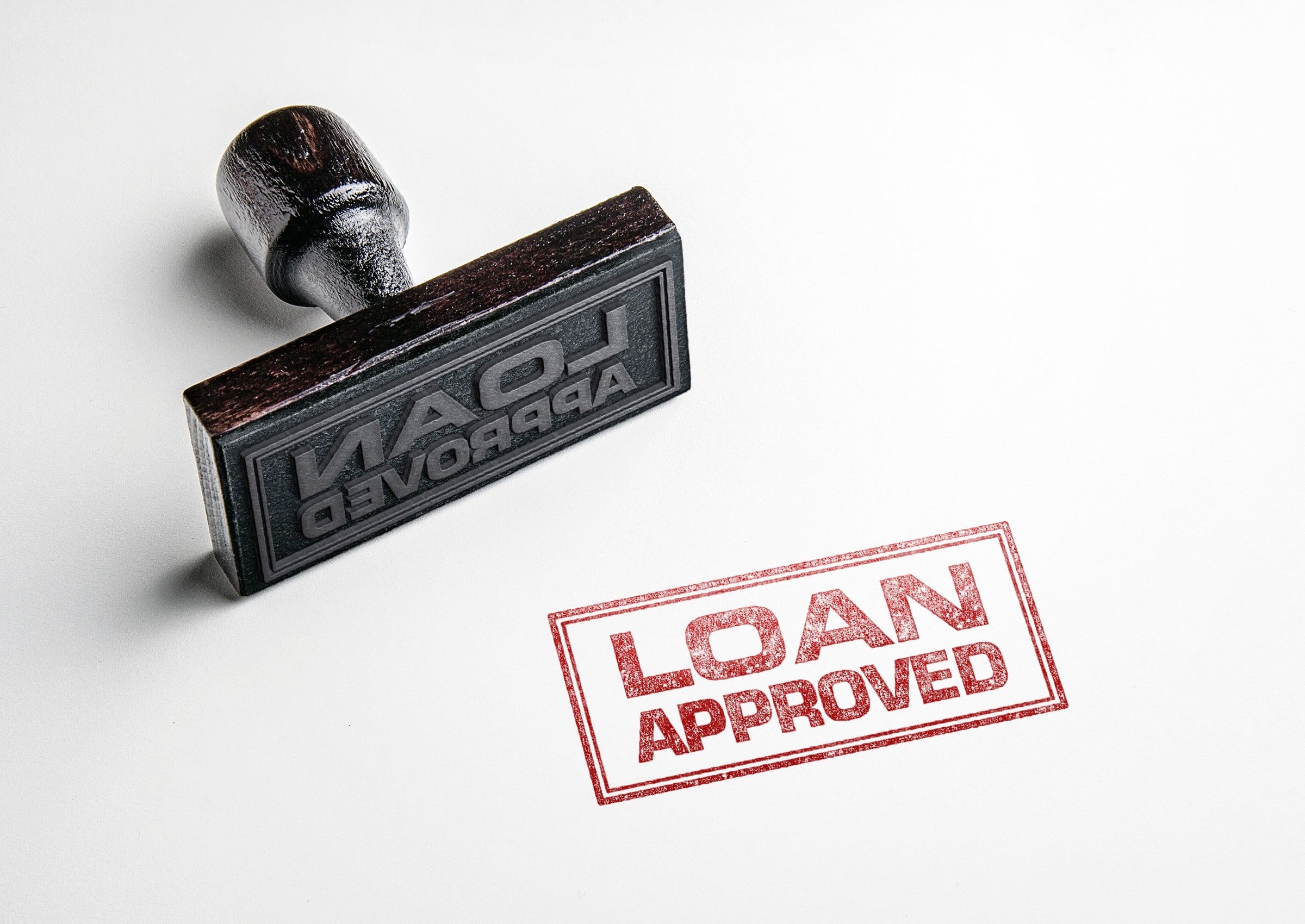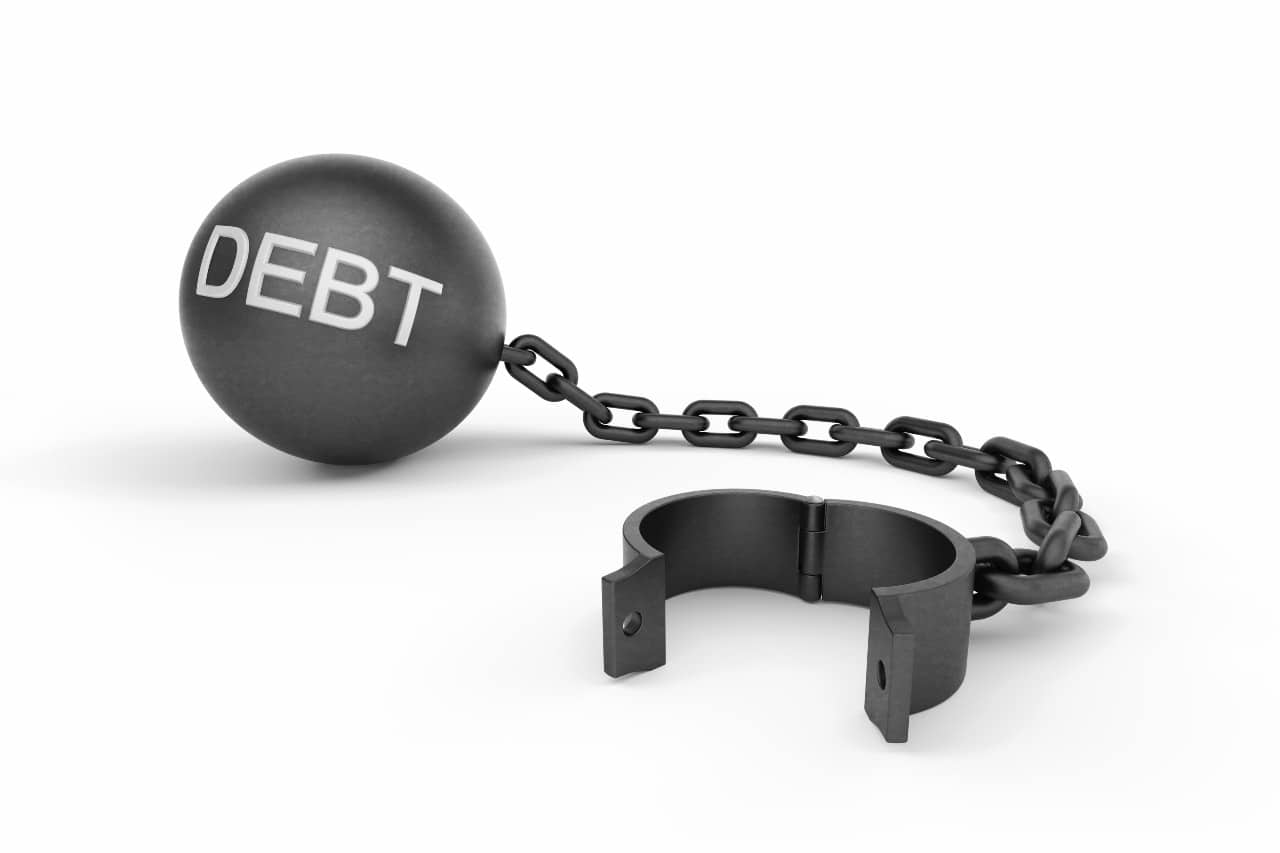Debt is common across Canada. Canadians have a variety of debt, including mortgage debt, credit card debt, student loan debt, and more. Canadian debt has increased over time, with the Canadian household debt ratio increasing to 185.19%, which is currently the highest across G7 countries, compared to around 101% in the United States and Germany. This means that for every dollar Canadians earned in 2020, they owed approximately $1.85 to creditors.
While economic downturn and job loss explain some reasons for the increased household debt, there are other reasons explaining it as well. Namely, the decrease in interest rates for mortgages made Canadians feel more comfortable taking on more debt. Housing prices are still increasing substantially, as is household debt.
With such a high debt-to-income ratio, it’s reasonable to question whether or not you’ll manage to pay off the debt in your lifetime. Here’s everything you need to know about debt after death.
Do you still owe money after you die?
Technically, no. You as an individual aren’t on the hook for your debt, creditors and debt collectors cannot go after a deceased person. However, they can go after your estate. Upon death, your estate pays for your debt.
Your estate is the sum of your net worth, including money in bank accounts, insurance, the value of assets like a house, car, or expensive jewellery, and other investments. Your estate becomes relevant when you die, or if you declare bankruptcy.
When you die, an estate trustee assesses your estate and is responsible for the following:
- Selling your assets
- Paying your debts
- Distributing your assets to individuals based on your will
- Filing your income tax return
If you have enough value in your estate to pay off your debts, your estate trustee is obligated to sell assets and pay the creditors you’re indebted to.
For example: if you have 40,000 in credit card debt and you have no savings, but you own a small cabin worth $70,000 – the credit card company has a right to receive debt payment. Your estate trustee has a responsibility to pay your creditors with the money within your assets. Your estate trustee will sell that cabin, pay the credit card company, and distribute the remaining assets of $30,000 amongst the individuals, such as family members or friends, identified in your will.
Here’s another example: if you owe $50,000 to a lender but your estate is only worth $2,000, and you took on that debt alone, without a cosigner, your estate will pay $2,000 to the creditor. The creditor then will write off the remaining $48,000 as a loss.
Can your family inherit debt?
In most cases, no. Your family cannot inherit debt that is individually yours. However, there are many kinds of debt that have different circumstances upon one’s death, such as mortgage debt, credit card debt, and student loan debt.
Mortgage debt
If you took on mortgage debt alone, your family isn’t responsible for paying it back. However, if they want to inherit your property, they will have to inherit the responsibility of the remaining mortgage as well. Your estate trustee can sell the house to pay off the mortgage loan and distribute the remaining money to your family. In this case, your family won’t have to assume responsibility for the loan. Or, they can take on the mortgage themselves. The key point here is that your family members have a choice – they don’t have to take on this debt unless they want to.
The situation is different, however, if you took on the mortgage debt with a spouse, or anyone else. Your surviving spouse, or surviving co-borrower, is responsible for the mortgage loan upon your death. While the co-borrower might decide to sell the property, they are still responsible for the mortgage payments until it’s sold.
Credit card debt
Credit card debt isn’t passed down to your family unless one of them is a joint account owner of the credit card. In that case, the joint owner is responsible for the card balance.
If you are the sole account owner, the credit card issuer can make a claim against your estate for the remaining debt owed. If your estate doesn’t have the funds to pay the debt, then the issuer writes it off as a loss. They cannot go after your family for the debt.
Finally, if you are an authorized user on the credit card account of someone who has died, you are not responsible for the debt.
Car loan debt
For many car loans, the car itself acts as collateral or security. Someone could take over the loan debt to keep the car. There’s also the option to sell the car to pay off the loan or give the car back to the lender.
Student loan debt
The Canada Student Financial Assistance Act declares that a borrower’s debt obligation to a student loan lender dissolves when the borrower dies. The Act also puts some responsibility on the federal government to pay off the student loan debt. There may be different parameters for private student loans or loans borrowed with a cosigner. Examine all loan student loan repayment terms and loan contracts to become aware of any implications for repayment after death.
Can Your Family Inherit Your Credit Score After Death?
The short answer is no. Even if your deceased family member has a horrible credit score, it will not affect your credit score or credit report. The only exception is if the debt is solely theirs. This remains true if you marry someone with bad credit – their history isn’t considered on your credit report.
If you’re the surviving spouse of someone who has died and had bad credit, your credit won’t be impacted. However, if you jointly applied for a mortgage, credit card account, or any other type of loan, your credit score might be affected.
How To Avoid Paying Debt From Your Estate
Insurance
Life insurance helps your family and estate with financial support to pay off your debts upon your death. When considering life insurance policies, tally up all of the debt you owe so that you can purchase a policy that meets your needs.
Hire a Legal Professional
Estate planning and paying debt after debt isn’t the most intuitive processes. If you’re planning for debt after death or if you’re writing a will, financial or legal advice can help you throughout the process. This professional advice can help you learn how you can best protect your estate from creditors. They’ll help ensure your family inherits as much as possible.
Final Thoughts
Leaving debt after death can have your family wondering if they are responsible for it. With so much Canadian debt, it’s easy to feel concerned about how that debt affects your family after you die. Luckily, your family members usually aren’t responsible for your debts. And, preventative measures like estate planning and life insurance helps you keep as much money in your estate as possible. If you’re currently struggling with debt, talk to a credit counsellor today.









